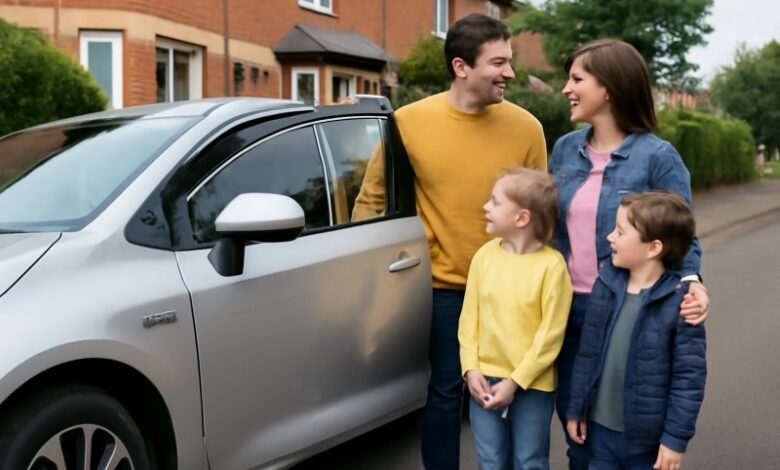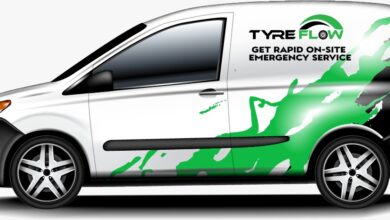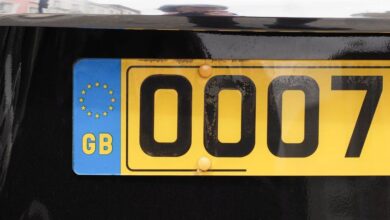Are Hybrid Cars a Good Buy for Budget-Conscious Families?

The rising cost of living, particularly volatile fuel prices, has many UK families scrutinising their household budgets. Transport is a significant expense, leading many to question whether investing in a hybrid car is a financially sound decision. Combining a traditional petrol or diesel engine with an electric motor, hybrids promise lower running costs, but do they stack up for families keeping a close eye on the pennies?
Understanding the Initial Outlay
There’s no denying that hybrid cars often come with a higher purchase price compared to their purely petrol or diesel counterparts. This initial hurdle can be off-putting for budget-conscious buyers. However, the gap is narrowing, especially in the used car market where older hybrid models become more accessible. It’s crucial to look beyond the sticker price and consider potential government incentives (though these change frequently) and the growing availability of second-hand options. Calculating the total cost of ownership over several years, rather than just the upfront cost, provides a clearer picture.
The Big Draw: Fuel Savings
The primary financial advantage of a hybrid lies in its fuel efficiency. The electric motor assists the engine, particularly during acceleration and at lower speeds, significantly reducing petrol or diesel consumption. For families, whose driving often involves stop-start journeys like the school run, trips to the supermarket, or navigating urban traffic, the benefits are amplified. Hybrids excel in these conditions, often running purely on electric power for short distances. This translates directly into fewer trips to the petrol station and substantial savings over the car’s lifetime. Comparing the official MPG (miles per gallon) figures between a hybrid and a conventional equivalent can give a good indication of potential savings based on your expected mileage.
Lower Running Costs Beyond Fuel
Fuel isn’t the only area where savings can be made. Hybrid vehicles typically fall into lower Vehicle Excise Duty (VED) bands due to their reduced CO2 emissions, meaning lower annual road tax bills. Furthermore, in areas with congestion charges or clean air zones (like London’s ULEZ), many hybrids meet the required standards, potentially saving families significant sums if they regularly drive into these zones. While maintenance involves complex systems, the regenerative braking used by hybrids can often lead to reduced wear on brake pads and discs. Major components like the hybrid battery usually come with long manufacturer warranties, offering peace of mind.
Practicality and Availability
Modern hybrid technology is no longer confined to small, niche vehicles. Many popular family cars, including spacious SUVs and practical hatchbacks, are now available with hybrid powertrains. This means families don’t necessarily have to compromise on boot space, passenger room, or safety features. Finding the right model is key. Thorough research and test drives are essential. Exploring options online and visiting dealerships, perhaps checking the stock available from car dealers in Middlesbrough or your local area, can help identify suitable new or approved used models that fit both budget and family needs.
Hybrid cars tend to hold their value relatively well. Growing demand, driven by environmental awareness and the desire for lower running costs, means they often depreciate slower than some conventional cars.
So, are hybrids a good buy for budget-conscious families? While the initial purchase price requires careful consideration, the potential for significant long-term savings on fuel, tax, and other charges makes them a very compelling option. For families whose driving patterns align with the strengths of hybrid technology – particularly urban and mixed driving – the higher upfront cost can often be recouped over time, making them a financially savvy and environmentally friendlier choice in the long run.



